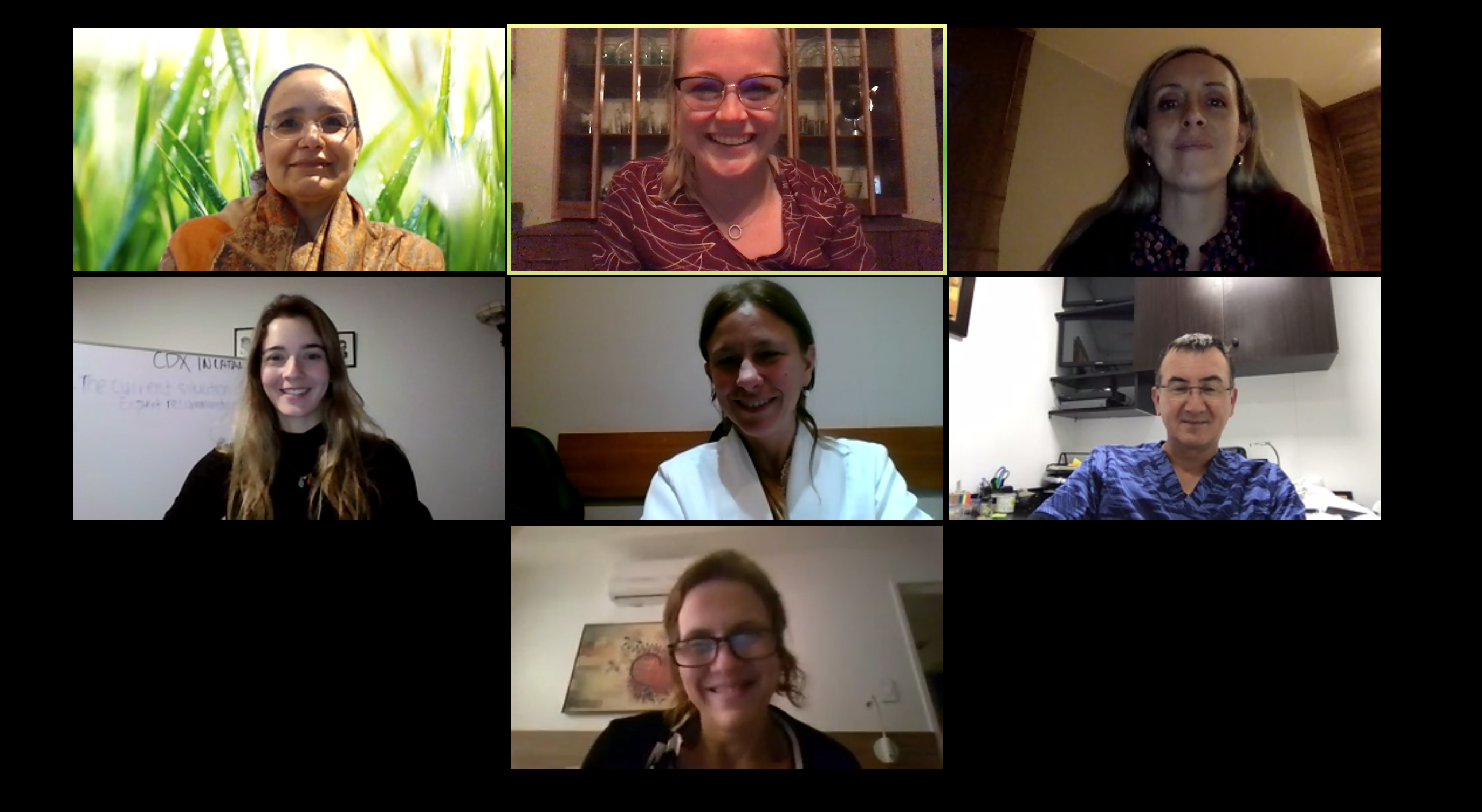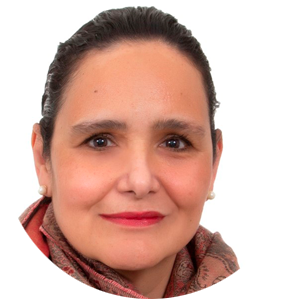28
Breast Cancer
in
Latin America
AHF Convenes a Consensus Conference
on Precision Medicine for Breast Cancer in Latin America
PRECISION MEDICINE FOR
Breast Cancer in Latin America
Breast Cancer is the most common cancer in the Americas as well as the second leading cause of death among women in the region represented by 462,000 new cases yearly and 100,000 female deaths. This already high number is expected to increase 34% by 2030. Much progress has been made in the diagnosis, management, and outcomes; however, major gaps still exist. Disease prognosis depends largely on the stage at time of diagnosis, the therapeutic options available, and the efficiency of the health system in providing access to care.
Commitment to mammography screening throughout the Region is low, but hormone receptor and biomarker determination are a fairly common practice. However, latter is limited by inefficiencies and a lack of standardization, from manual handling and evaluation methods to inconsistent pre-analytics. In order to evaluate the incorporation of innovative therapies, such as CDx and personalized medicine, into Latin America, an evaluation of the cost-effectiveness of interventions in accordance to resource allocation is critical to make precise tests and treatments available and affordable in developing countries. Thus, situations must be assessed on a country-by-country basis in order to tailor plans to best fit each national situation.
In September 2020, AHF convened a meeting of Latin American experts on the gaps breast cancer diagnosis and treatment via Zoom to develop recommendations for increasing the early diagnosis, treatment, and effective management of breast cancer in the Region through the review of literature on CDx. The manuscript entitled “Streamlining Precision Medicine in Breast Cancer Care in Latin America” has been published in Cancer Reports. Click here to see the full article.
PANELISTS INCLUDED







